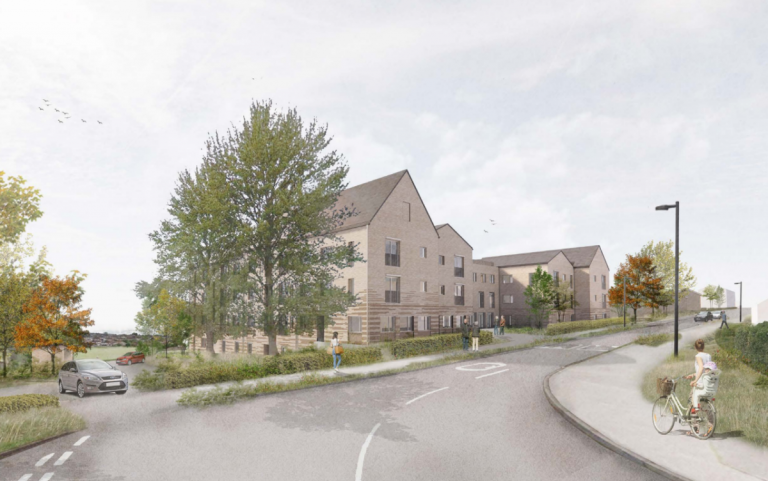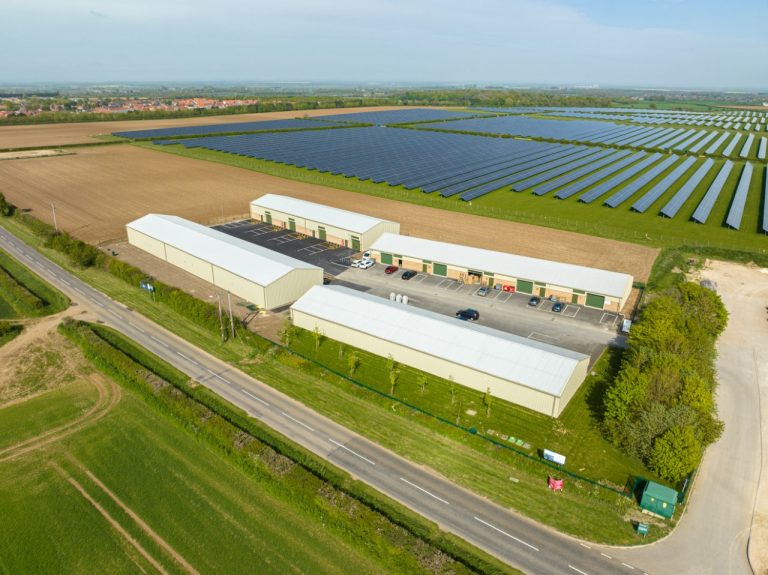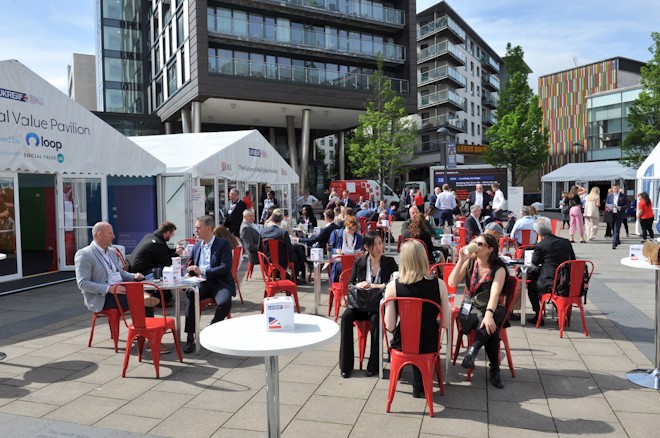Martin Beck, chief economic advisor to the EY ITEM Club, reacted: “The Bank of England’s approach since late 2021 of consistently increasing interest rates continued this month. A 7-2 majority on the MPC voted to raise Bank Rate by 25bps to 4.5%, adding to the most significant tightening in monetary policy in over 30 years and lifting the policy rate to the highest since October 2008.
“In the view of the majority on the MPC, another rate rise was justified by an economy more resilient than expected, persistent strength in domestic price and wage setting, and a tight jobs market. The impact of the first factor was revealed in the biggest upgrade to growth forecasts in the MPC’s history. Thanks in part to further falls in wholesale energy prices, previous predictions of a prolonged recession have been revised away and the Bank of England now expects the economy to expand 0.25% this year and 0.75% in 2024, versus declines of 0.5% and 0.25% in its last forecast in February. That said, the Bank of England’s forecast for growth next year is still below the latest consensus of 0.9%.
“With the latest rise in Bank Rate widely expected, the big uncertainty in advance of the MPC’s latest decision was the message the committee would send about the likelihood of yet more rate increases in the months ahead. On that score, the MPC kept the door open to more tightening if inflation proves “persistent”, retaining the data-driven approach it has set out in recent meetings. And there was no sign of push back against current market interest rate expectations, which, in advance of May’s meeting, saw Bank Rate peaking at 4.75%-5% later this year.
“The EY ITEM Club is warier about expecting further increases in Bank Rate. Granted, the Bank of England thinks inflation will fall less rapidly than in its last forecast, mainly due to an assumption of higher food price inflation, with the Consumer Price Index (CPI) measure predicted to be just above 5% at the end of this year. And the Bank of England still sees significant upside risks to the inflation outlook from “second round effects” of high inflation feeding into domestic prices and wages.
“But there’s now a lot of monetary tightening in the system, and the impact on activity and prices comes with a lengthy lag. The Bank of England’s own estimate is that only a third of the impact of rising rates has yet been felt by households. And the Bank’s central forecast shows inflation falling well below the 2% target during 2025. Since the Bank of England targets headline inflation, it will be increasingly difficult to present a justification for more rate rises while also forecasting a substantial undershoot of the inflation target.
“What’s more, the next couple of months are likely to bring a significant decline in headline, core and services inflation, as lower energy prices push down headline inflation and, indirectly, weigh on underlying inflationary pressure. This should further depress inflation expectations among the public, feeding through into lower wage demands, constraining businesses’ ability and willingness to put up prices.
“But the hawkish skew of today’s announcement, with upgrades to growth and inflation forecasts, suggests one more rate rise wouldn’t be out of the question. And if the Bank of England’s expectation of greater stickiness in inflation proves true, the prospect of rate cuts may be delayed until well into 2024.”


























 To be held at:
To be held at:










